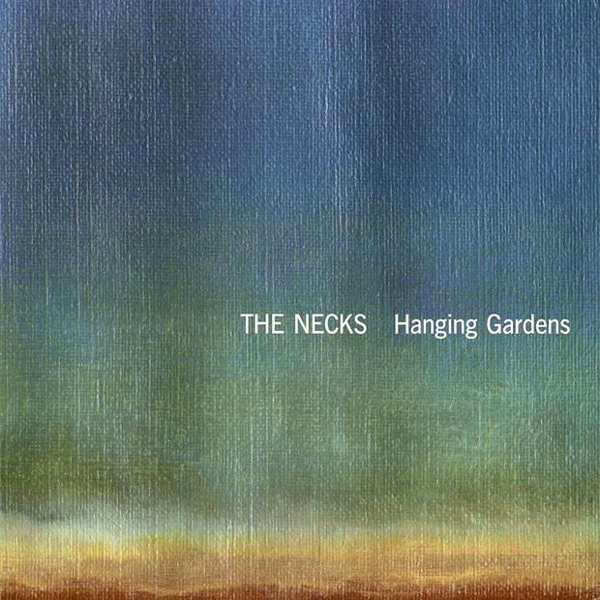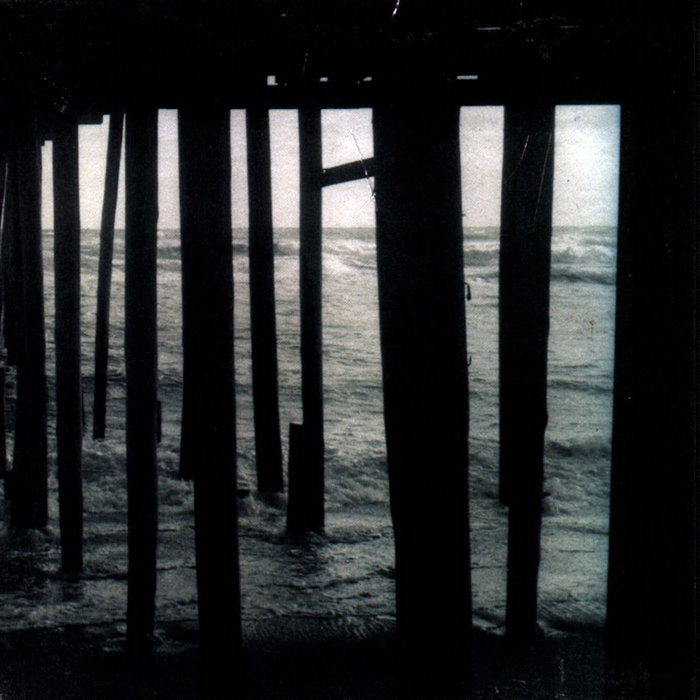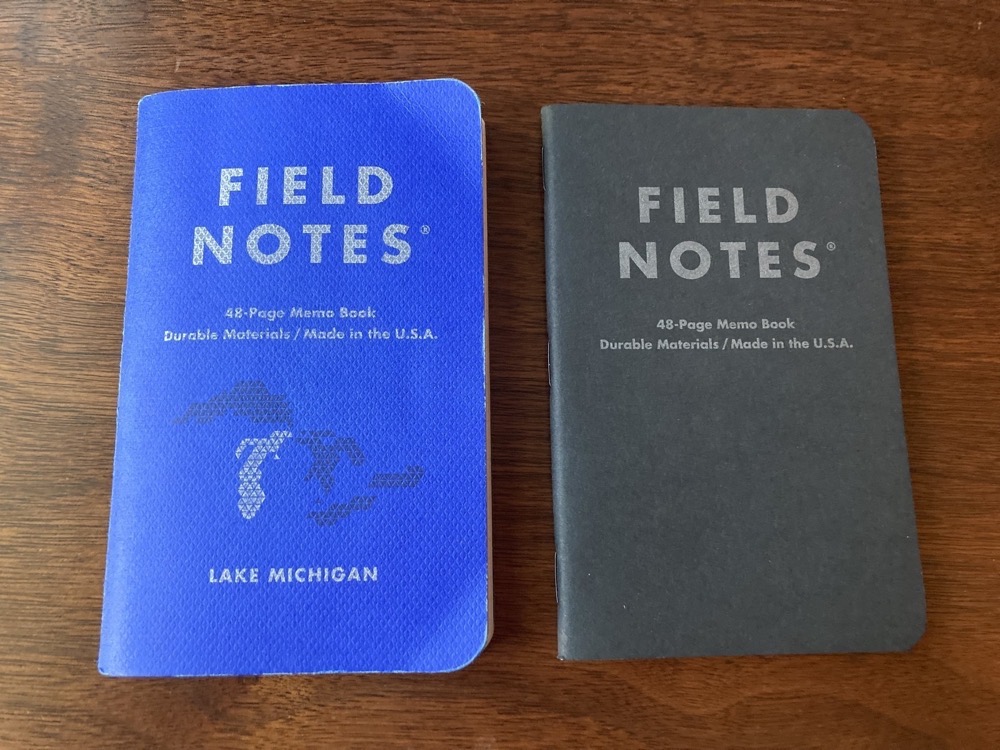Covid test? Negative. Feel like crap? Positive.
Now playing:

The total lunar eclipse is in turn eclipsed by the solid cloud cover.
Today, I had to abandon a book on a topic I’ve been obsessed with for many years. The book is incredibly valuable: exhaustively researched, written by someone who’s a leading expert on the subject.
And yet…
The writing is atrociously, embarrassingly bad. I just couldn’t go on.

Now playing: Esmerine, If Only A Sweet Surrender Be True

Now playing:


Finished in October
#- Steven Mithen, After the Ice: A Global Human History 20,000–5,000 BC (Weidenfeld & Nicolson 2003)
- Diane Seuss, Frank: Sonnets (Graywolf 2021)
- Sara Eliza Johnson, Vapor (Milkweed 2022)
- Sophus Helle, Gilgamesh (Yale 2021)
First Halloween in our new house. Our neighbors say they haven’t had any trick-or-treaters at all the last two years — hardly surprising, of course. So who knows what will happen tonight?
A Day in the Life.
14 October 2022, 07:30 CDT.
Saint Paul, Minnesota.
Waking up to the first snow of the season.


Seventy-eight years ago today, one of the two men I was named after was murdered by the Nazis. His body was left on a street corner in Apeldoorn, along with six others. A sign reading Terrorist was pinned to their chests.
🔥 It’s the third night in a row we’ve had a fire in our fireplace since getting it inspected and cleaned by a chimney sweep last week.
Finished in September
#- Henry David Thoreau, The Journal: 1837–1861 (NYRB 2009)
- Lewis Thomas, The Lives of a Cell (Bantam 1974) (reread)
- Grace Paley, Fidelity (FSG 2008)
- Robert Bly, Sleepers Joining Hands (Harper & Row, 1973; Norton, 2018)
Apparently, some foolish press has committed the grave tactical error of accepting a manuscript of my poetry, going so far as to claim they will actually publish it.
Why would anyone do this? I have no idea. Were they hopped up on pain meds? Did they lose a bet?
Publishers are inscrutable and are often motivated by strange, dark urges. Best not to dwell too much on their disquieting perversions.
In short, my debut chapbook, This Folded Path, is forthcoming from above/ground press.
Details to follow!
Visiting the parents last week.

Remember, death is beautiful when you wear it like a maple.
Just hanging out downtown with Bob.
Positively… Fifth Street? Well, close enough.
I’m a few blocks from Ninth & Hennepin, where, I’m sorry to report, none of the donuts have names that sound like prostitutes anymore.

89: Great Lakes (Michigan)
90: Pitch Black (lined)

Virginia Woolf, A Room of One’s Own:
…the beauty of the world which is so soon to perish, has two edges, one of laughter, one of anguish, cutting the heart asunder.
Information, Imagination
Lewis Thomas, “Information,” The Lives of a Cell:
The solitary wasp, Sphex, nearing her time of eggs, travels aloft with a single theory about caterpillars. She is, in fact, a winged receptor for caterpillars. Finding one to match the hypothesis, she swoops, pins it, paralyzes it, carries it off, and descends to deposit it precisely in front of the door of the round burrow (which, obsessed by a different version of the same theory, she had prepared beforehand). She drops the beast, enters the burrow, inspects the interior for last-minute irregularities, then comes out to pull it in for the egg-laying. It has the orderly, stepwise look of a well-thought-out business. But if, while she is inside inspecting, you move the caterpillar a short distance, she has a less sensible second thought about the matter. She emerges, searches for a moment, finds it, drags it back to the original spot, drops it again, and runs inside to check the burrow again. If you move the caterpillar again, she will repeat the program, and you can keep her totally preoccupied for as long as you have the patience and the heart for it. It is a compulsive, essentially neurotic kind of behavior, as mindless as an Ionesco character, but the wasp cannot imagine any other way of doing the thing.
Thoreau, Journal, 13 February 1859:
Sometimes in our prosaic moods, life appears to us but a certain number more of days like those which we have lived, to be cheered not by more friends and friendship but probably fewer and less. As, perchance, we anticipate the end of this day before it is done, close the shutters, and with a cheerless resignation commence the barren evening whose fruitless end we clearly see, we despondingly think that all of life that is left is only this experience repeated a certain number of times. And so it would be, if it were not for the faculty of imagination.
John Ruskin:
The greatest thing a human soul ever does in this world is to see something and tell what it saw in a plain way. Hundreds of people can talk for one who can think, but thousands can think for one who can see. To see clearly is poetry, prophecy and religion, all in one.
Spinoza (trns Elwes):
Men would never be superstitious if they could govern all their circumstances by set rules, or if they were always favoured by fortune: but being frequently driven into straits where rules are useless, and being kept fluctuating pitiably between hope and fear by the uncertainty of fortune’s greedily coveted favours, they are consequently, for the most part, very prone to credulity. The human mind is readily swayed this way or that in times of doubt, especially when hope and fear are struggling for the mastery, though usually it is boastful, overconfident, and vain.
Education in a Republic
Richard Hofstadter, Anti-Intellectualism in American Life:
Anyone who speaks of anti-intellectualism as a quality in American life must reckon with one of the signal facts of our national experience – our persistent, intense, and sometimes touching faith in the efficacy of popular education. Few observers, past or present, have doubted the pervasiveness or sincerity of this faith. […]
From the beginning, American statesmen had insisted upon the necessity of education in a republic. George Washington, in his Farewell Address, urged the people to promote “institutions for the general diffusion of knowledge.” To the degree that the form of government gave force to public opinion, Washington argued, “it is essential that public opinion should be enlightened.” The aging Jefferson warned in 1816: “If a nation expects to be ignorant and free in a state of civilization, it expects what never was and never will be.” […] “If the time shall ever come,” wrote a small-town Midwestern editor in 1836,
when this mighty fabric shall totter; when the beacon of joy that now rises in pillar of fire…shall wax dim, the cause will be found in the ignorance of the people. If our union is still to continue…; if your fields are to be untrod by the hirelings of despotism; if long days of blessedness are to attend our country in her career of glory; if you would have the sun continue to shed his unclouded rays upon the face of freemen, then EDUCATE ALL THE CHILDREN OF THE LAND. This alone startles the tyrant in his dreams of power, and rouses the slumbering energies of an oppressed people. It was intelligence that reared up majestic columns of national glory; and this and sound morality alone can prevent their crumbling to ashes.
But if we turn from the rhetoric of the past to the realities of the present, we are most struck by the volume of criticism suggesting that something very important is missing from the American passion for education. A host of educational problems has arisen from indifference – underpaid teachers, overcrowded classrooms, double-schedule schools, broken-down school buildings, inadequate facilities and a number of other failings that come from something else – the cult of athleticism, marching bands, high-school drum majorettes, ethnic ghetto schools, de-intellectualized curricula, the failure to educate in serious subjects, the neglect of academically gifted children. At times the schools of the country seem to be dominated by athletics, commercialism, and the standards of mass media, and these extend upwards to a system of higher education whose worst failings were underlined by the bold president of the University of Oklahoma who hoped to develop a university of which the football team could be proud.